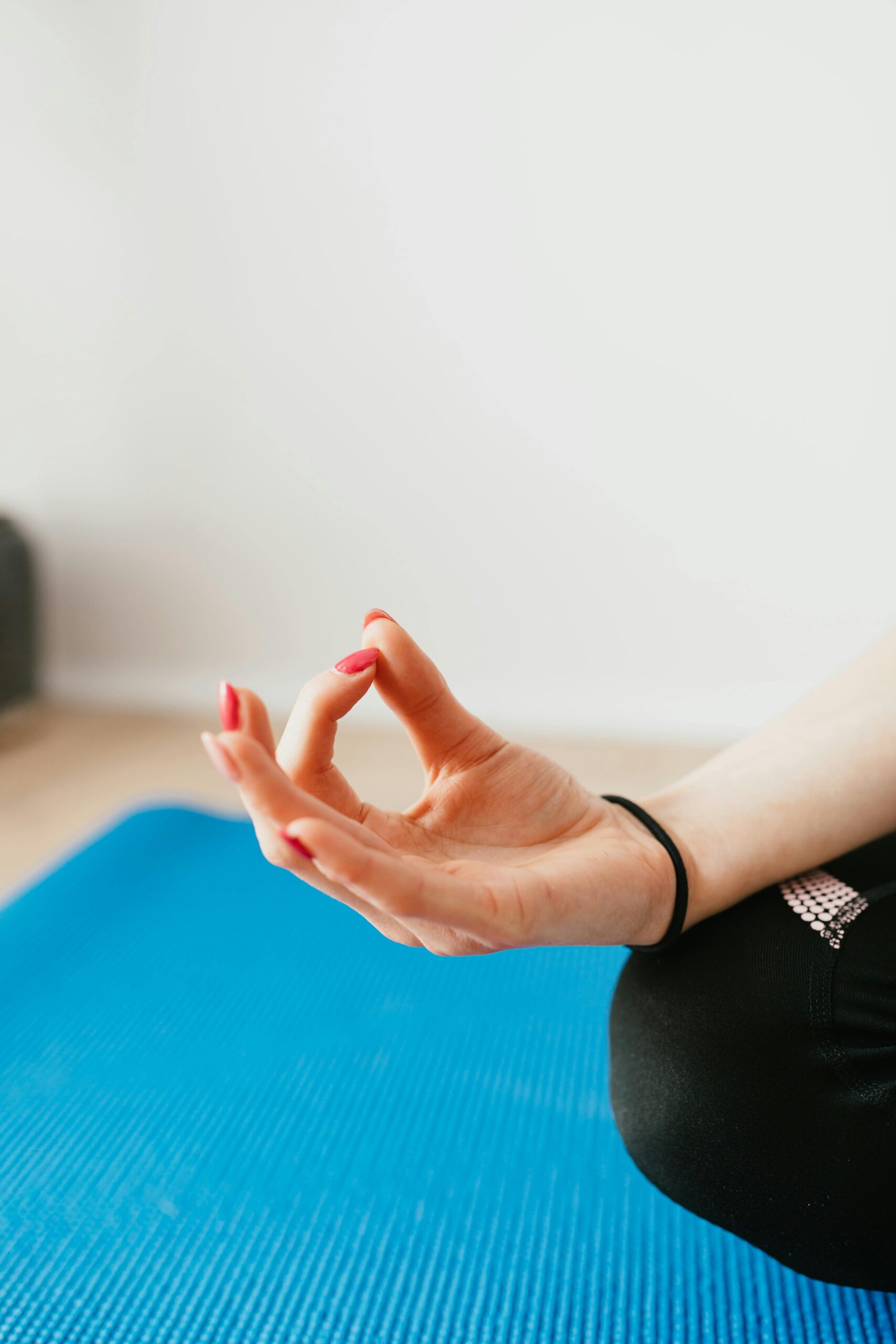Mindfulness Techniques: Daily Mindfulness Practices for Better Mental Health
Mindfulness has become a popular and effective tool for improving mental health and well-being. By focusing on the present moment and accepting it without judgment, mindfulness techniques can help reduce stress, increase self-awareness, and promote emotional regulation. This article explores various mindfulness techniques you can incorporate into your daily routine to enhance your mental health.
The Importance of Mindfulness in Daily Life
Mindfulness involves being fully present and engaged in the current moment. It’s about observing your thoughts and feelings without getting caught up in them. This practice can be particularly beneficial for managing stress, anxiety, and depression. Mindfulness techniques are accessible and can be practiced anywhere, making them a convenient addition to your daily routine.
Mindfulness Techniques to Incorporate into Your Day
1. Mindful Breathing: One of the simplest mindfulness techniques is mindful breathing. Take a few minutes each day to focus solely on your breath. Pay attention to the sensation of air entering and leaving your nostrils, the rise and fall of your chest, and the rhythm of your breathing. This practice helps anchor you to the present moment and can be a powerful way to calm the mind.
2. Body Scan Meditation: This technique involves mentally scanning your body from head to toe, noticing any areas of tension or discomfort. By bringing awareness to different parts of your body, you can release tension and develop a deeper connection with your physical self. A body scan can be done while lying down, sitting, or even standing.
3. Mindful Eating: Instead of rushing through meals, try mindful eating. Pay attention to the colors, textures, and flavors of your food. Chew slowly and savor each bite. This practice not only enhances the enjoyment of your meals but also helps you become more aware of your body’s hunger and fullness cues.
4. Mindful Walking: Take a few minutes to walk mindfully. Focus on the sensation of your feet touching the ground, the rhythm of your steps, and the movement of your body. Mindful walking can be a refreshing way to connect with your surroundings and clear your mind.
5. Loving-Kindness Meditation: This mindfulness technique involves silently repeating phrases of goodwill and compassion towards yourself and others. For example, you might say, “May I be happy, may I be healthy, may I live with ease.” Then, extend these wishes to others in your life. Loving-kindness meditation can cultivate empathy and reduce negative emotions.
Incorporating Mindfulness into Your Daily Routine
Incorporating mindfulness techniques into your daily routine doesn’t require much time or effort. Here are a few tips to help you get started:
1. Start Small: Begin with short sessions, such as five minutes of mindful breathing or a quick body scan. Gradually increase the duration as you become more comfortable with the practice.
2. Create a Routine: Choose specific times during the day for your mindfulness practice, such as in the morning, during lunch breaks, or before bed. Consistency can help make mindfulness a regular part of your life.
3. Use Mindfulness Apps: There are numerous apps available that offer guided meditations and mindfulness exercises. Apps like Headspace, Calm, and Insight Timer can provide structure and support for your practice.
4. Practice Non-Judgment: As you practice mindfulness, it’s natural for your mind to wander. When this happens, gently bring your attention back to the present moment without judgment. Remember, the goal is not to achieve a state of perfect focus but to develop greater awareness.
The Benefits of Practicing Mindfulness Techniques
Research has shown that practicing mindfulness techniques can have numerous benefits for mental health. These include:
1. Reduced Stress: Mindfulness helps reduce the production of stress hormones, leading to lower levels of anxiety and stress. It can also improve your ability to cope with challenging situations.
2. Improved Focus and Concentration: By training your mind to focus on the present moment, mindfulness can enhance your attention span and cognitive function.
3. Enhanced Emotional Regulation: Mindfulness techniques can help you become more aware of your emotions and respond to them more skillfully. This can lead to improved emotional regulation and a greater sense of well-being.
4. Better Sleep: Mindfulness practices, such as mindful breathing and body scan meditation, can promote relaxation and improve sleep quality.
5. Increased Self-Awareness: Regular mindfulness practice can help you develop a deeper understanding of your thoughts, feelings, and behaviors, fostering greater self-awareness and personal growth.
Conclusion: Embracing Mindfulness for Better Mental Health
Incorporating mindfulness techniques into your daily routine can have profound effects on your mental health and overall well-being. Whether you’re new to mindfulness or have been practicing for some time, these simple yet effective techniques can help you stay grounded, reduce stress, and cultivate a more mindful way of living.
If you’re interested in exploring more structured support or want to find an online therapist to guide you through mindfulness practices, check out our online therapy reviews to find an online therapist that suits your needs.
For more information on the benefits of mindfulness, refer to Mindful.
Must Read News
The Benefits of Couples Therapy
The Benefits of Couples Therapy: Strengthening Relationships Through Communication and Understanding Maintaining a healthy and [...]
5 Ways to Know If You or a Loved One Need Therapy
5 Ways to Know If You or a Loved One Need Therapy In today’s world, [...]
Talk Therapy: What It Is and How It Helps
Talk Therapy: What It Is and How It Helps Talk therapy, also known as psychotherapy, [...]
Group Therapy Near Me: The Power of Collective Healing
Group Therapy Near Me: The Power of Collective Healing Group therapy is an increasingly popular [...]
What is Cognitive Behavioral Therapy
What is Cognitive Behavioral Therapy? Cognitive Behavioral Therapy (CBT) is a widely recognized and evidence-based [...]
The Value of Teletherapy vs. Face-to-Face Therapy: Choosing the Right Fit for You
The Value of Teletherapy vs. Face-to-Face Therapy: Choosing the Right Fit for You The landscape [...]
Our Method
We use a combination of consumer reviews and overall scores from multiple online platforms such as Forbes, Trustpilot, Google, Indeed, Glassdoor, and others to form an overall composite score that shows how well a company not only treats its customers but how they treat their employees as well. Our multiplatform composite score prevents companies from gaming one review-generating platform or another for good scores. We believe this method provides the best overall social proofing.

